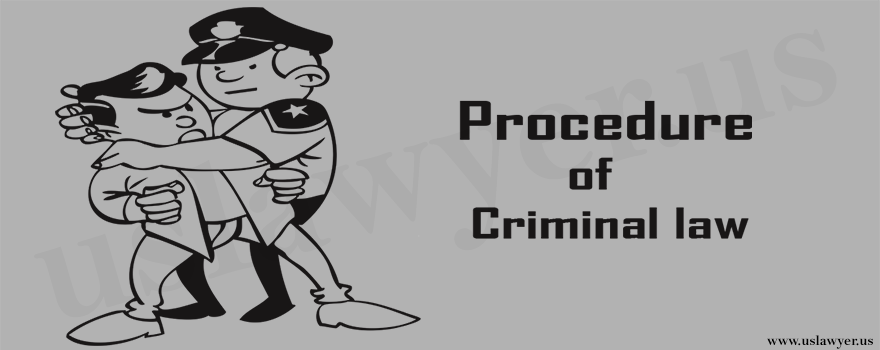
Criminal Charges
Criminal law covers crimes, prosecution, and defense.
According to the rules and statutes by Congress and state legislators, dealing with any criminal activity that causes harm to the general public, with penalties.
It also includes decisions concerned with courts that define and interpret criminal law and regulate the criminal procedure without clear legislated rules.
Criminal law encircles the criminal procedure employed when charging, trying, sentencing, and imprisoning defendants convicted of crimes, as well as with the regulation concerning how the suspects are investigated, charged, and tried.
The state, through a prosecutor, initiates the suit. Criminal defense law covers the legal area of defending against a criminal charge.
Some subcategories of criminal law include
- Substantive Criminal law.
- Criminal Procedure.
the particular problems and issues arising in the administration and enforcement of criminal justice.
Substantive Criminal law
Substantive Criminal law deals with the “element” of the law. It pinpoints what the crimes are, their classifications (i.e., petty crime, misdemeanor, felony), and how they should charge, as well as their potential penalties.
Which courts have jurisdiction over what cases, and who will be responsible for prosecuting them by criminal statutes?
Criminal Procedure
Criminal Procedure picks up where substantive criminal law leaves off.
It deals with the enforcement of these laws. It most notably addresses how an individual accused of a crime may be handled, dealt with, and prosecuted, especially about the individual’s constitutional rights.
It also covers rules of evidence, witnesses, investigations, and the like.
When someone demands their due process, evokes his right to silence, to a speedy trial or legal representation, this is part of the process of criminal procedure.
If you are experiencing any Criminal Charges, Contact a lawyer immediately here.

